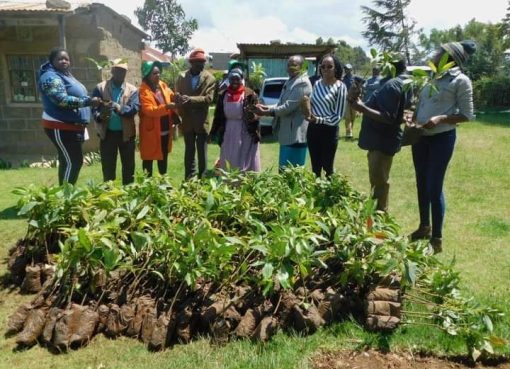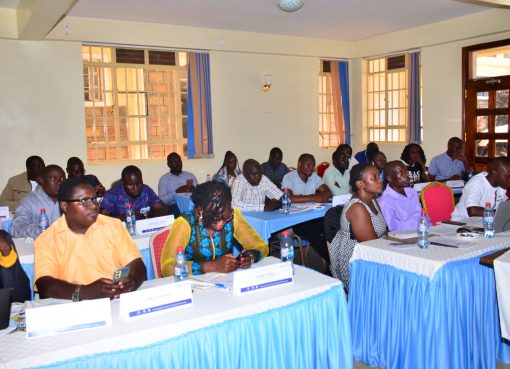The Principal Secretary (PS) State Department for Petroleum Mohammed Liban has urged experts to be abreast with up-to-date data to enhance gas and oil exploration and production.
Speaking in Mombasa Thursday when he opened a two-day training on Geographical Information Systems (GIS) and Remote Sensing, PS Liban said the training will equip officers serving in the State Department with technical skills necessary for the execution of their respective duties and responsibilities.
“Embrace this opportunity as the beginning of a lifelong learning, innovation, and discovery journey in the ever-evolving petroleum industry.
By enhancing your capabilities, you will contribute to achieving our department’s mandate and bolster strategic decision-making and problem-solving techniques,” he stated.
The PS encouraged Petroleum Geologists, Petro physicists, and Petroleum Laboratory Technologists to leverage technology in oil and petroleum upstream.
GIS, the PS noted serves as a powerful technological tool in addressing the challenges encountered during the exploration, development, and exploitation of natural resources.
“By facilitating the handling of spatial data and spatial information, GIS plays a pivotal role in petroleum production, transportation, and resource management,” said PS Liban.
“The benefits of GIS and remote sensing are manifold. From stewardship of earth’s resources to improved communication and environmental impact monitoring, the integration of GIS into our technical directorates’ activities promises cost savings, enhanced efficiency, and better decision-making for improved service delivery,” he added.
The PS also toured the Kenya Petroleum and Refineries Limited (KPRL) facilities in Changamwe. In October last year, KPRL was taken over by the Kenya Petroleum Company (KPC) through the transfer of shares.
The move by the state is anticipated to improve petroleum supply chain infrastructure resulting in security of supply and cost efficiency through reduced demurrage costs.
The government also plans to improve the penetration of Liquefied Petroleum Gas (LPG) usage in the country through the development of LPG bulk import handling and storage facilities at the 370 acres of KPRL land.
The Kenya Kwanza administration wants KPC to leverage the assets of KPRL to accelerate the use of LPG as a transitional fuel to mitigate the challenges of climate change in the country.
By Sadik Hassan




